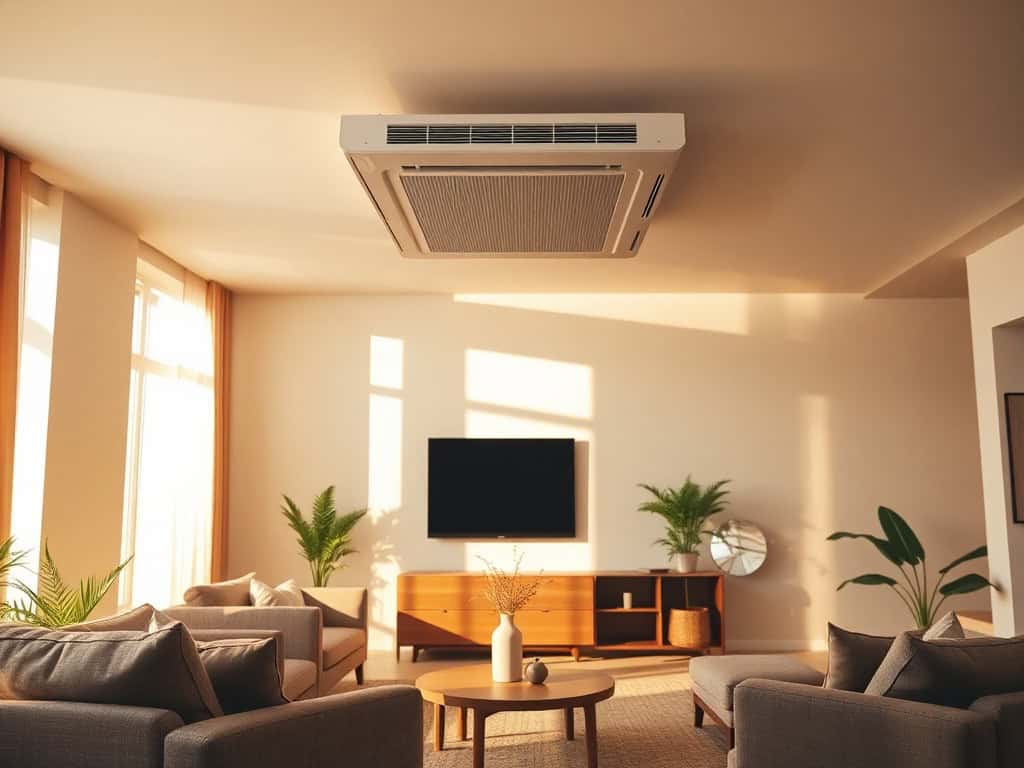Our homes should be sanctuaries, yet certain habits can turn them into health hazards.
From the food we consume to how we maintain our living environment, each choice impacts our longevity.
Explore these 10 household habits linked to early death, and learn how to transform your home into a safe haven.
1. Living off of Processed Foods

Imagine a diet primarily consisting of packaged and processed foods. High in salt, sugar, and unhealthy fats, these meals can lead to serious health issues.
They often lack essential nutrients needed for a balanced diet. Consistently choosing convenience over nutrition can be detrimental, impacting heart health and longevity.
Consider the implications of every meal choice.
2. Poor Quality of Sleep

Tossing and turning through the night takes its toll. Poor sleep quality affects mental and physical health. It’s linked to heart disease and cognitive decline.
Creating a peaceful, tech-free sleep environment can help improve rest. Consistent, quality sleep supports the body’s natural repair processes.
Prioritize your sleep like you would any health regimen.
3. Excessive Screen Time

Endless scrolling through screens strains our eyes and minds. Excessive screen time can lead to eye strain, poor posture, and even anxiety.
It distracts us from real-world connections and activities. Balancing screen use with offline hobbies promotes healthier living.
Moderation is key to safeguarding mental and physical well-being in a digital world.
4. Poor Indoor Air Quality

Breathing in contaminated indoor air has silent consequences. Poor air quality can exacerbate respiratory issues and allergies.
Dust, mold, and chemical pollutants linger unseen. Regular ventilation and cleaning can mitigate health risks.
Investing in air purifiers or houseplants adds a layer of protection. Clean air is as vital indoors as it is outside.
5. Mold

Mold thrives in damp, dark places, and its presence is more than unsightly. It poses severe health risks, triggering asthma and respiratory problems.
Regular checks and proper ventilation can prevent mold growth. Ignoring mold issues compromises both the structure of your home and your health.
A vigilant approach ensures a healthier living environment.
6. Social Isolation

Loneliness can be as harmful as smoking. Social isolation impacts mental health, increasing depression and anxiety risks.
Maintaining social ties enriches lives and boosts emotional resilience. Engaging in community activities helps forge connections.
Even in solitude, virtual interactions can provide a sense of belonging. Prioritize relationships for a fulfilling life.
7. Sedentary Lifestyle

Sitting for prolonged periods invites numerous health complications. A sedentary lifestyle contributes to obesity, cardiovascular diseases, and diabetes.
Incorporating movement into daily routines is crucial. Regular breaks, stretching, or standing desks can combat inactivity.
Embrace an active lifestyle for a healthier heart and mind. Small changes bring significant benefits.
8. Smoking Indoors

Indoor smoking envelopes everyone in toxic air, impacting non-smokers too. It’s a direct link to respiratory diseases and cancers.
Enforcing a smoke-free home protects all residents’ health. Quitting smoking altogether is the best option.
Promoting a clean, smoke-free environment contributes significantly to overall well-being. It’s a step towards a healthier household.
9. Living in Cluttered Environments

Cluttered spaces breed stress and anxiety. They hinder productivity and peace, affecting mental health. Decluttering refreshes the mind and energy of a home.
Organized spaces promote relaxation and focus. Regular cleaning routines maintain order.
A tidy environment is more than aesthetic; it’s essential for mental clarity and emotional stability.
10. Ignoring Pest Control

Pests in the home pose serious health risks. From allergies to diseases, they compromise safety. Regular pest control measures are imperative.
Ensure food storage is secure and maintain cleanliness. Ignoring pests can lead to infestations, affecting health and comfort.
A proactive approach to pest management ensures a safe and healthy living space.

